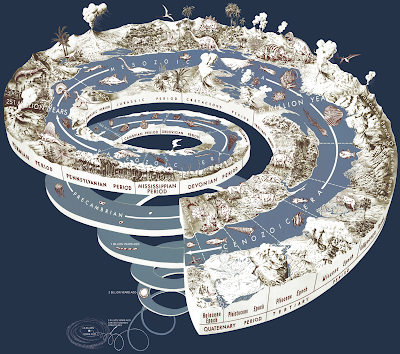You are right that I have yet to answer that question.
I'm not sure which thread that is in either, at this point they are all jumbled up in my head.
Since I assume everyone will read this I'll just give my one and a half cents on the word "kind" here. I don't deny speciation, and I wouldn't deny populations evolving into different genus's if you can show it. As I'm sure most of you know, the concept of "species" in the evolutionary world view is the only significant taxonomic rank, all others are merely for our/scientists convenience. While taxonomy may be objective, it is only a human conception, and thus open for revisions. The word "kind" is seen in the Bible, states that kinds only produce their own kind. It used to be thought that a "kind" was equivalent to species, as species is the Latin for kind. Since then new data has emerged showing speciation, and so the term kind was revised. Unfortunately there has been no clear consensus where exactly kind falls on the taxonomic rank system, some snay genus while others say family and yet others want to say order or sub-order and so forth. The problem with this goes back to the fact all these taxonomic ranks are human conceptions, so saying that kind is equivalent to X taxonomic rank is superficial. For example, Chimps are a different genus than humans right now, but there is talk about changing it to homo. If kind is equal to genus, than that poses some problems. I'm not trying to say that change to models are bad, but to equate kind to a taxonomic rank is pointless. You can think of kind as a taxonomic rank, showing that each animal is descendant from their original ancestor, and all organisms from that ancestor belong to the same kind. Do I know exactly where each species falls? No, and as to date I don't think anyone does or ever has. I'm no taxonomist (big surprise, I know), but I see kind near the genus or family level, but I just don't know.



